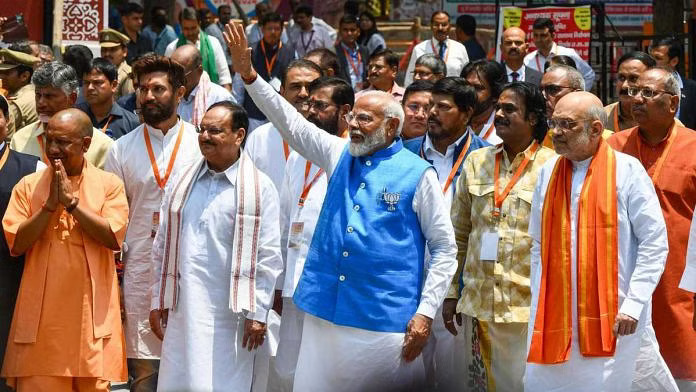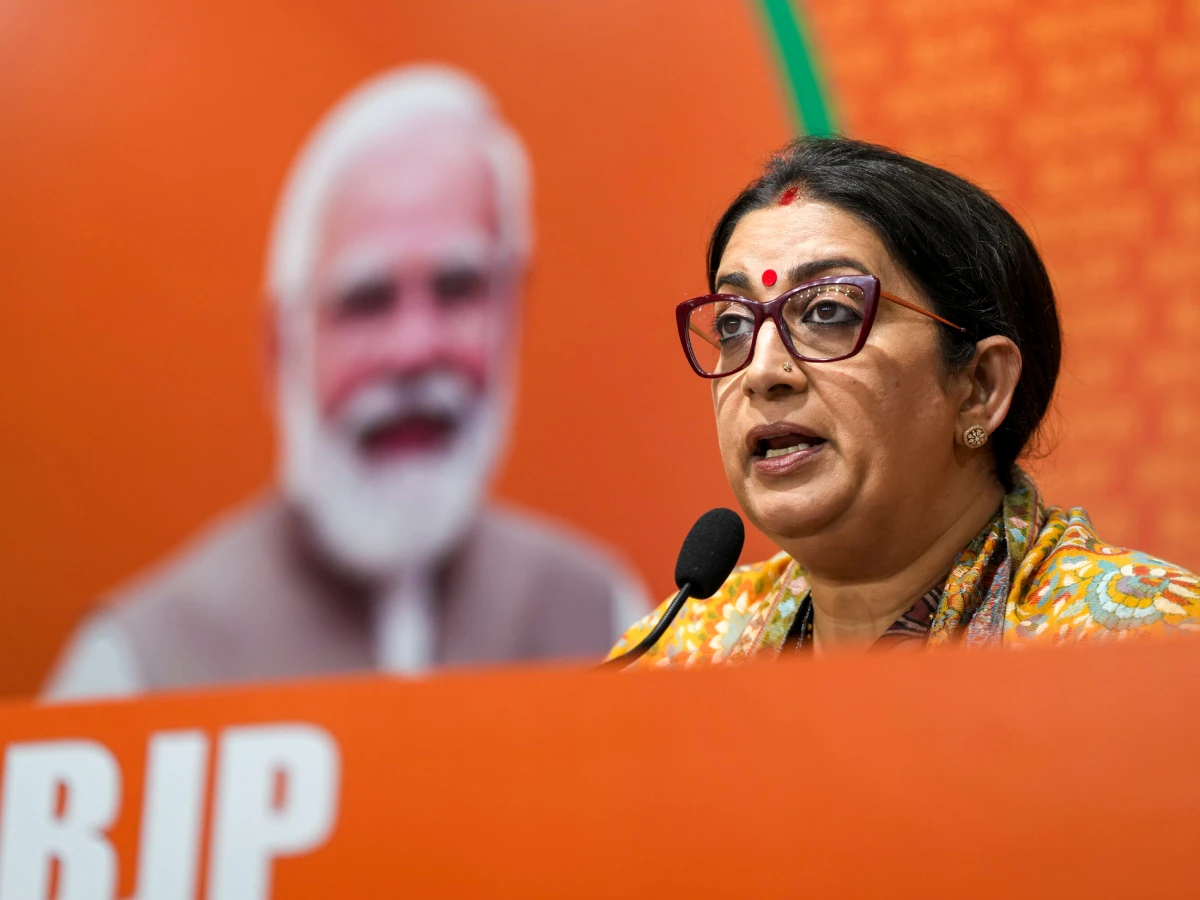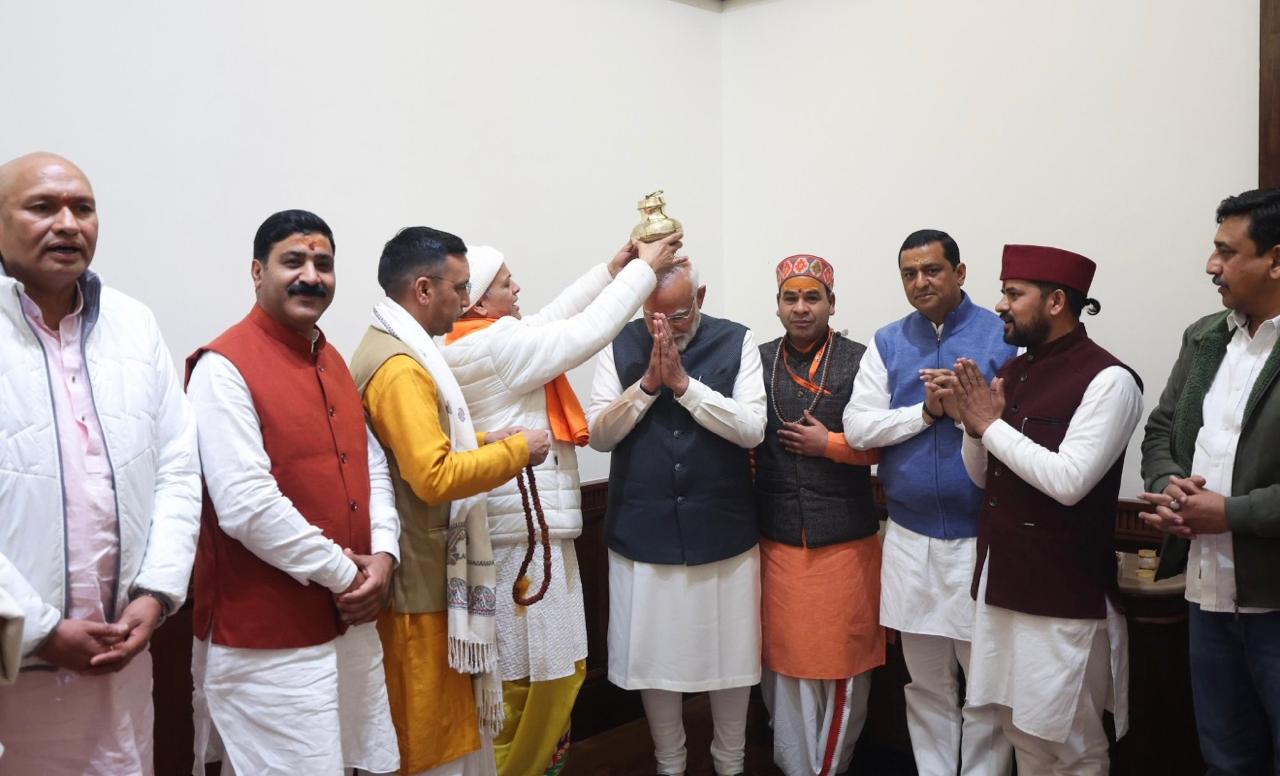BJP Poised for Leadership Change Post-Kharmas: Top Contenders Emerge
Politics
BJP Poised for Leadership Change Post-Kharmas: Top Contenders Emerge
News in Brief
As the period of 'Kharmas' ends on January 14, 2025, there is increasing speculation about a potential change in leadership within the Bharatiya Janata Party (BJP). Current President J.P. Nadda may be replaced as the party looks to strategize for upcoming elections. Several names are being discussed, including Shivraj Singh Chouhan, Devendra Fadnavis, Vinod Tawde, Sunil Bansal, and Arjun Ram Meghwal, each bringing different strengths such as administrative experience, organizational skills, and electoral strategy. The decision will depend on a consensus between BJP's leadership and the Rashtriya Swayamsevak Sangh (RSS). The leadership transition will play a key role in shaping the party’s future direction and electoral success.
As the period of 'Kharmas' ends on January 14, 2025, speculation and discussions within political circles in India have intensified regarding the potential new leadership for the Bharatiya Janata Party (BJP). The party, which has been under the presidency of J.P. Nadda, is likely to see a new face at its helm, reflecting strategic considerations for upcoming elections and internal dynamics.
Shivraj Singh Chouhan: One of the most talked-about names for the position is former Madhya Pradesh Chief Minister Shivraj Singh Chouhan. His administrative experience and popularity among the masses, particularly in the Hindi heartland, make him a strong contender. Chouhan has a proven track record of electoral success, having led BJP to victories in Madhya Pradesh. His ability to connect with voters, especially from the Other Backward Classes (OBC), could be pivotal for BJP's strategy to maintain or expand its voter base. His recent induction into the Union Cabinet as Agriculture Minister was seen by many as a precursor to this larger role, balancing regional influence with national leadership.
Devendra Fadnavis: Another significant name is Devendra Fadnavis, the Deputy Chief Minister of Maharashtra. Known for his sharp political acumen and administrative skills, Fadnavis has been instrumental in steering BJP's strategy in Maharashtra, one of India's key states with a complex political landscape. His potential elevation to the national presidency could help BJP in solidifying its position in the western region, particularly as Maharashtra presents both opportunities and challenges due to its diverse electorate. His association with Narendra Modi and Amit Shah is also seen as a factor that might boost his candidacy.
Vinod Tawde: As BJP's National General Secretary, Vinod Tawde has been actively involved in the party's organizational structure. His long-standing association with the Rashtriya Swayamsevak Sangh (RSS), BJP's ideological fountainhead, gives him a strong backing. Tawde's organizational skills and his experience in managing party affairs at both state and national levels make him a suitable candidate for the BJP presidency. His elevation could signal a move towards a more ideologically driven leadership, aligning closely with RSS's vision.
Sunil Bansal: Known for his election management prowess, Sunil Bansal has been a key figure in BJP's campaigns, notably in Uttar Pradesh and Odisha, where the party secured significant victories. His strategic acumen in electoral battles could be what BJP looks for in its next leader, especially with Lok Sabha elections on the horizon. His ability to read the political pulse and mobilize resources efficiently at grassroots levels would be a significant asset.
Arjun Ram Meghwal: Although less speculated upon, Union Law Minister Arjun Ram Meghwal represents a potential blend of legal expertise and political experience. His inclusion in the discussions could be aimed at addressing the need for a leader who can navigate the legal and constitutional nuances that BJP might face, especially in an increasingly litigious political environment.
The decision to appoint a new president will be a consensus between BJP's parliamentary board, its central leadership, and the RSS, considering not only political strategy but also the balance of power among different factions within the party. The new president will have the task of leading BJP into the next electoral cycle, maintaining party discipline, and possibly setting the tone for policy-making, which could influence BJP's image and performance in both state and national elections.
As Kharmas concludes, BJP's leadership transition will be watched closely, not just for who will lead but also for what it signifies about the party's direction and strategy moving forward.
Advertise with US
Advertise with US


.jpg)
